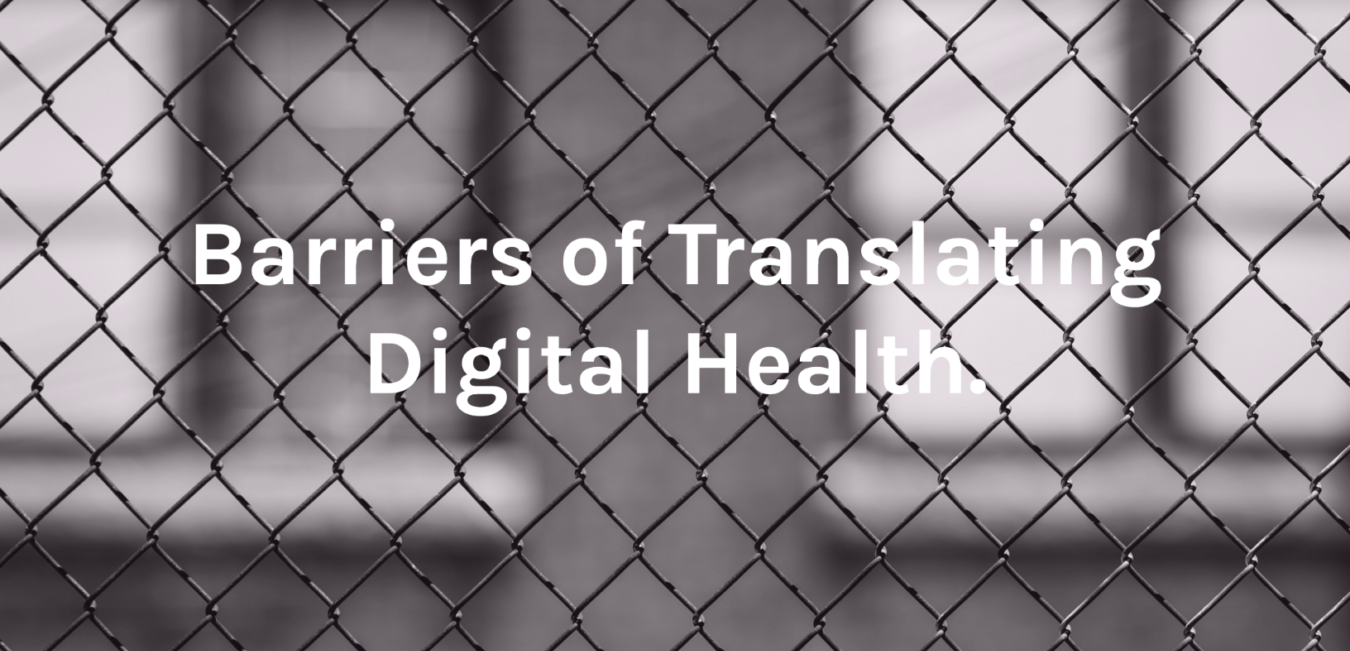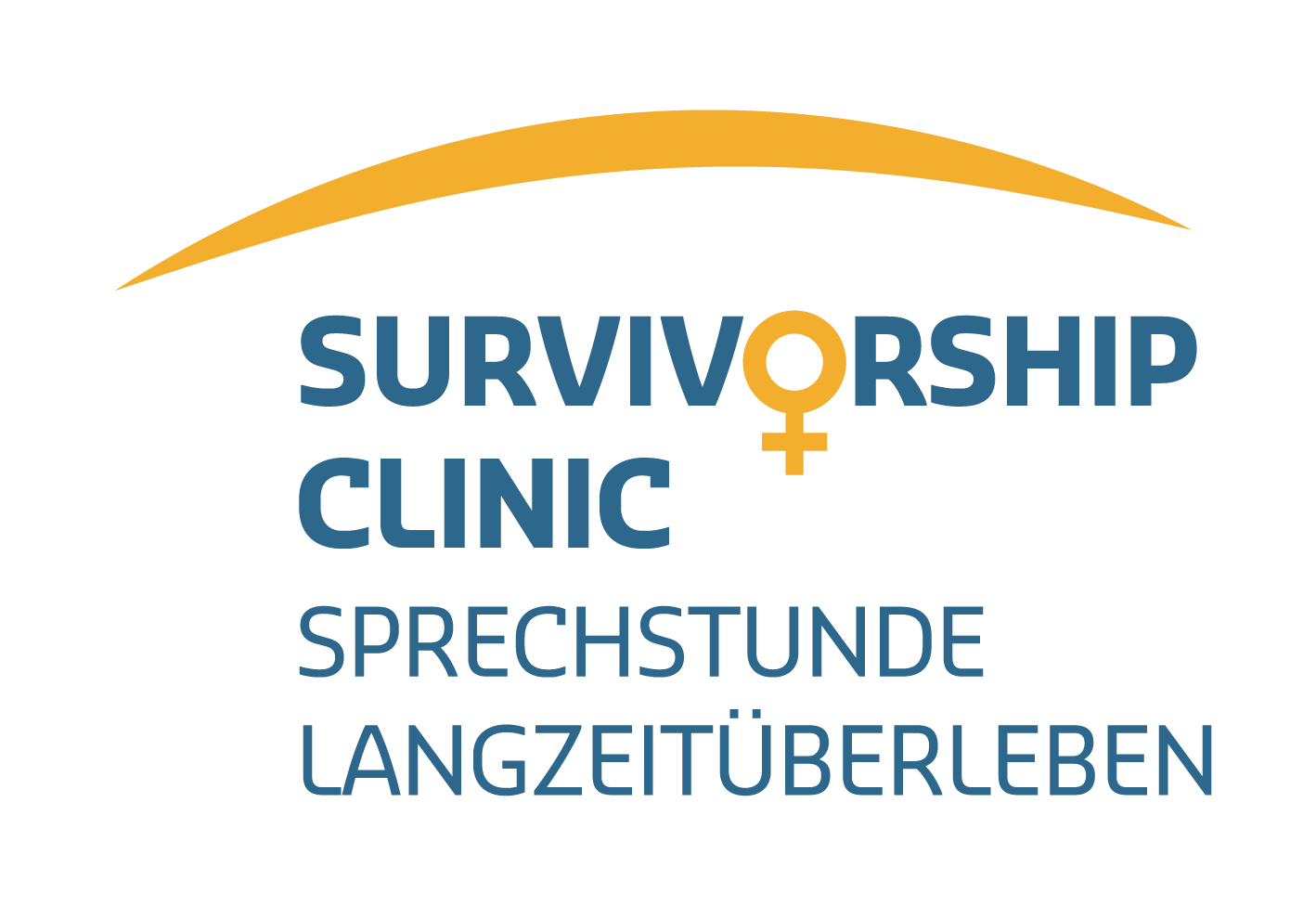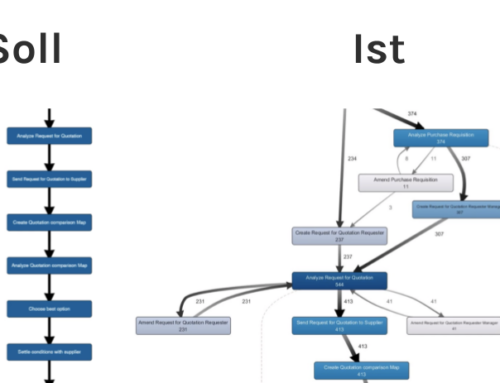Administrative Processes
For the last 5 years, I have been working for a university hospital where I experienced many clinical and administrative processes. Furthermore, I recognized that many processes have not been changed or updated for a long time (no matter for what reason). Now, is this positive or negative? To be honest, I personally don’t have the ability to judge on this. And, since hospitals have shown functioning business models for quite some time, I think everybody criticizing old-fashioned organizations needs to be aware of where they come from and what they need to consider to change (e.g. factors of strong regulation, patient safety issues, data security, etc).
Even more processes
Apart from this, I have also observed a growing gap between private and professional proficiency in digital working habits. Many colleagues have developed strong personal digital capabilities, while fighting through sticky software in their professional setting. For example, a befriended radiologist (35 yrs) shifted his entire private administration intuitively to his mobile device (tax, banking, communication, news, everything). His words were: “No need for complex explanations and time-consuming procedures!”. At the same time, he was dealing with complex interfaces of his clinical information systems in his daily routine, needing several hours or days to learn basic data entry, dividing entire teams in their skill-set and therefore their contribution to the organization. This is why, from my perspective there is a gap between private and professional digitization (and expectations towards solutions), and it is already pretty big. And currently I am convinced that it is growing at a fast pace since barriers for introducing new digital services in the hospital are fairly high.
No need for complex explanations…
Because of these observations, I have listed a couple of ideas in the following section, explaining why bringing digital health to the hospital is not the easiest job (but so fundamental for future developments).
Conservative Structures
Hospitals are mostly historic institutions, often named after famous pioneers in medicine, which have existed for many years. These institutions of health show hierarchical characteristics (on a decentralized level) and are separated in divisional structure. Therefore, the provision of care can be described as a very traditional (or conservative) industry. But, since digitization is advancing rapidly, cost-structures usually are expensive and demography is changing, all thumbs are up for digital health to take over.
The most crucial barriers of implementing digital solutions (from my perspective):
1. No Budget
In general, hospitals are tight on budget. In addition, there are two factors negatively implicating this circumstance: First, most of the hospitals are dependent on the dual-financing system which regulates public funding for investments. This burden of administration decreases the (already small) budget further. And second, there are many department heads of several divisions trying to negotiate the best result for their department, leading to further administration and bureaucracy in the distribution process. Considering the budget and distribution situation, medical experts at the forefront of the provision of care – residents or specialists – usually do not have any budget to decide upon themselves.
2. Slow Organization
As mentioned above, the distribution of financing within a hospital is complex administrative work. Dividing budget consists 99% of calculating personal and material costs (for clinical use) in each division. Considering the 1% left, management is carefully considering and evaluating options to invest in digital health solutions or initiatives.
(Note: Numbers are estimates for making the point).
(See our Services for more Information: click here)
3. No Test-Runway
Patient data has to be protected, there is no discussion about this. But, progress in digital health needs data as a fundamental basis. And until there are test-runways to work on highly-sophisticated clinical anonymized data in real life settings, the barrier of data-access will prevent digital health to evolve and support. This is valid for outside and inside initiatives.
Finding the perfect match
The provision of healthcare is very heterogene, since there are so many different disciplines, divisions, specializations and patient clientele. In my experience, every expert I spoke to demonstrated different problems and needs than his or her peer-group (maybe sometimes just as a matter of principle). Still, thinking about generic digital health solutions fitting all is highly complex. It is rather recommended to interview, analyze and work on solutions fitting exactly to one specific disease, patient group, treatment plan or expert physician. Of course, this is no easy job, but finding the perfect clinical match is worth the effort (and more). Demonstrating a solution tailored to the needs of a clinical expert is crucial for explaining, testing and implementing. And eventually, this focus may open many other doors as well.
Above all, finding the perfect match is a metaphor for telling the right story. Hard-working and highly-specialized physicians cannot easily change their perspective without relating to their own specialty. But if the storyline is adapted to the needs of the listener, single solutions can be adopted by several departments more easily.
Personal note: If you are trying to implement a digital health solution within the hospital, aim for the medical consultants with highest expectations towards a new solution. Even though this does not necessarily make things easier, this circumstance leads you towards high standards, and once you convince the medical expert, you are likely to have found your match (Keep in mind the example of the radiologist!).
Big challenges, greater rewards
The process of implementing a digital health solution is a big challenge, and not only for the developing force behind it. It may even be a bigger challenge for the medical expert who needs to understand, adapt, explain, test and evaluate with the most important stakeholder: the patient. Not to forget about reporting back to the developer. And since there are also other tasks to pursue during daily routine, the medical expert faces big challenges. But considering the potential rewards of higher quality, more efficiency and/or other benefits, big efforts can lead to greater rewards. In particular, since the progress of digital health is only at the beginning, there are many chances and opportunities to profit from digital health solutions.
Bottom line: I strongly believe that digital health is of strategic importance to all hospital management, and will be a fundamental support for the provision of health care in the near future. Furthermore, it is of utmost value to design digital health solutions as intuitively for medical staff as possible. Considering the natural role and complex workplaces of medical experts, digitization contributes most when it is easy to use.
[This article does not guarantee completeness, and is based on my personal experience].
Hier erfahren Sie mehr über Digital Health
Wie sehen betriebswirtschaftliche Prozesse, Methoden und Entscheidungen in der Praxis aus? Der Onlinekurs BWL für MEDIZINER macht sichtbar, was sonst im Verborgenen bleibt.










